Penguin Great Journeys
by Henry Walter Bates
One of the most impressive of all Victorian scientists but also a marvelous writer account of his years in the upper reaches of the Amazon is almost too good to be true …
2,00 € Original price was: 2,00 €.0,60 €Current price is: 0,60 €.
by Henry Walter Bates
One of the most impressive of all Victorian scientists but also a marvelous writer account of his years in the upper reaches of the Amazon is almost too good to be true …
1 in stock
One of the most impressive of all Victorian scientists but also a marvelous writer, Bates’ (1825-1892) account of his years in the upper reaches of the Amazon is almost too good to be true – a great monument to human inquisitiveness as he battles great hoards of malevolent reptiles and insects in his quest for ever more obscure specimens on ever more narrow and creeper-choked tributaries.
Great Journeys allows readers to travel both around the planet and back through the centuries – but also back into ideas and worlds frightening, ruthless and cruel in different ways from our own. Few reading experiences can begin to match that of engaging with writers who saw astounding things: great civilizations, walls of ice, violent and implacable jungles, deserts and mountains, and multitudes of birds and flowers new to science.
| Book Condition | Used – Good |
|---|---|
| Cover | Paperback |
| Size | Pocketbook, 108 pages, 114x183x9mm |
| Published | February 27th 2007 by Penguin UK (first published 1863) |
| Book Series | Penguin Great Journeys |
| Genre | Nonfiction, Classics, Travel |
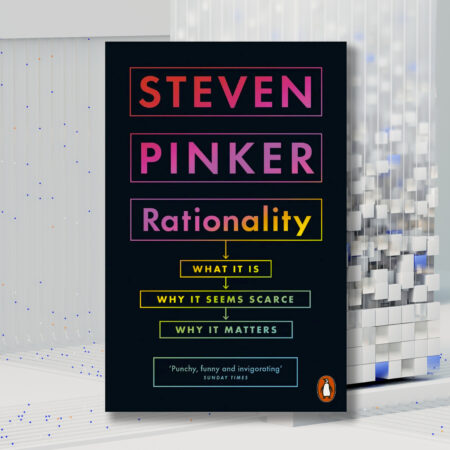
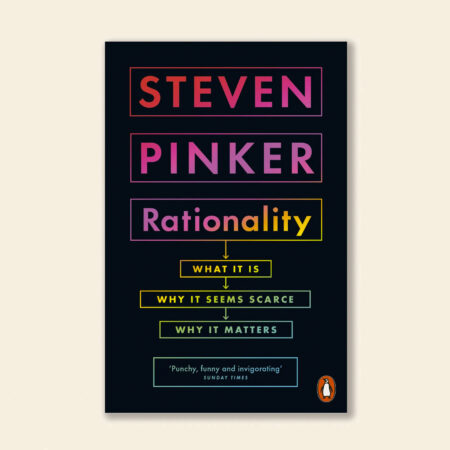
What It Is, Why It Seems Scarce, Why It Matters
by Steven Pinker
In the twenty-first century, humanity is reaching new heights of scientific understanding – and at the same time appears to be losing its mind. How can a species that discovered vaccines for Covid-19 in less than a year produce so much fake news, quack cures and conspiracy theorizing?

 -30% Off
-30% Off
by John Steinbeck
As Nobel Prize winner Steinbeck chronicles their deeds—their multiple lovers, their wonderful brawls, their Rabelaisian wine-drinking—he spins a tale as compelling and ultimately as touched by sorrow as the famous legends of the Round Table, which inspired him.
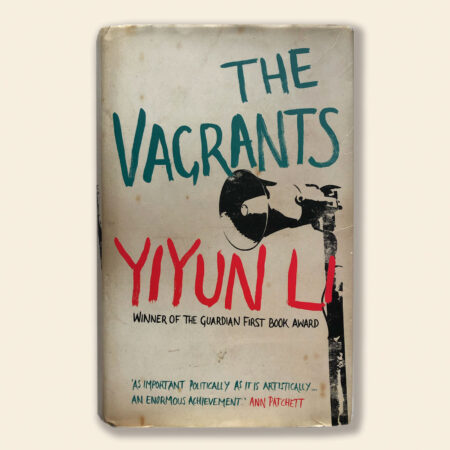
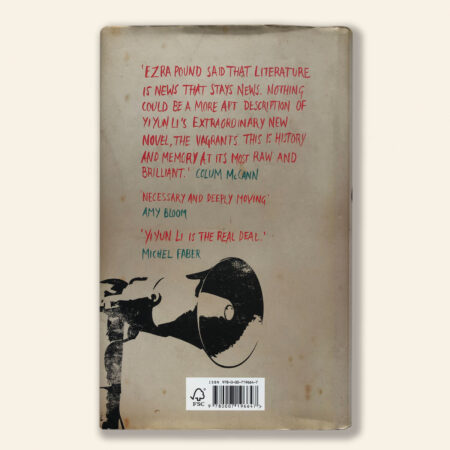 -70% Off
-70% Off
by Yiyun Li
Writing with profound emotion, and in the superb tradition of fiction by such writers as Orhan Pamuk and J. M. Coetzee, Yiyun Li gives us a stunning novel that is at once a picture of life in a special part of the world during a historic period, a universal portrait of human frailty and courage, and a mesmerizing work of art.
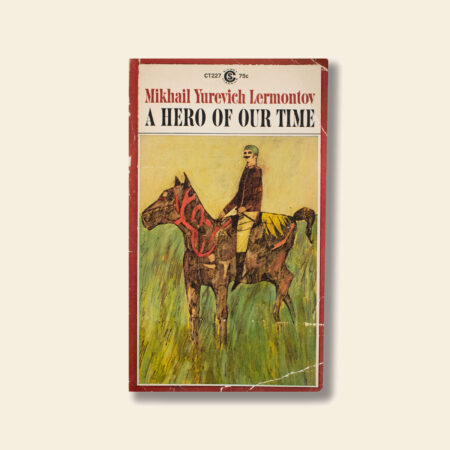
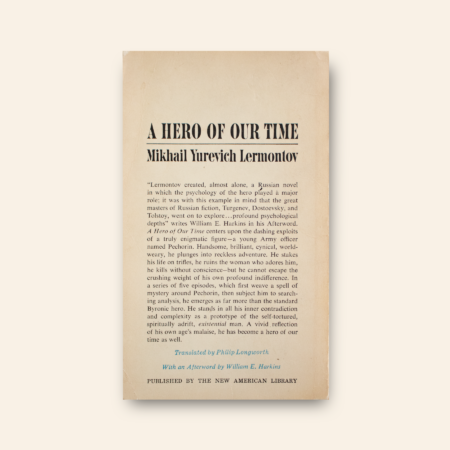 -70% Off
-70% Off
by Mikhail Lermontov, Paul Foote (Translator, Introduction)
In its adventurous happenings, its abductions, duels, and sexual intrigues, A Hero of Our Time looks backward to the tales of Sir Walter Scott and Lord Byron, so beloved by Russian society in the 1820s and ’30s.


What It Is, Why It Seems Scarce, Why It Matters
by Steven Pinker
In the twenty-first century, humanity is reaching new heights of scientific understanding – and at the same time appears to be losing its mind. How can a species that discovered vaccines for Covid-19 in less than a year produce so much fake news, quack cures and conspiracy theorizing?

 -30% Off
-30% Off
by John Steinbeck
As Nobel Prize winner Steinbeck chronicles their deeds—their multiple lovers, their wonderful brawls, their Rabelaisian wine-drinking—he spins a tale as compelling and ultimately as touched by sorrow as the famous legends of the Round Table, which inspired him.

 -70% Off
-70% Off
by Yiyun Li
Writing with profound emotion, and in the superb tradition of fiction by such writers as Orhan Pamuk and J. M. Coetzee, Yiyun Li gives us a stunning novel that is at once a picture of life in a special part of the world during a historic period, a universal portrait of human frailty and courage, and a mesmerizing work of art.

 -70% Off
-70% Off
by Mikhail Lermontov, Paul Foote (Translator, Introduction)
In its adventurous happenings, its abductions, duels, and sexual intrigues, A Hero of Our Time looks backward to the tales of Sir Walter Scott and Lord Byron, so beloved by Russian society in the 1820s and ’30s.


What It Is, Why It Seems Scarce, Why It Matters
by Steven Pinker
In the twenty-first century, humanity is reaching new heights of scientific understanding – and at the same time appears to be losing its mind. How can a species that discovered vaccines for Covid-19 in less than a year produce so much fake news, quack cures and conspiracy theorizing?
Login
Register

